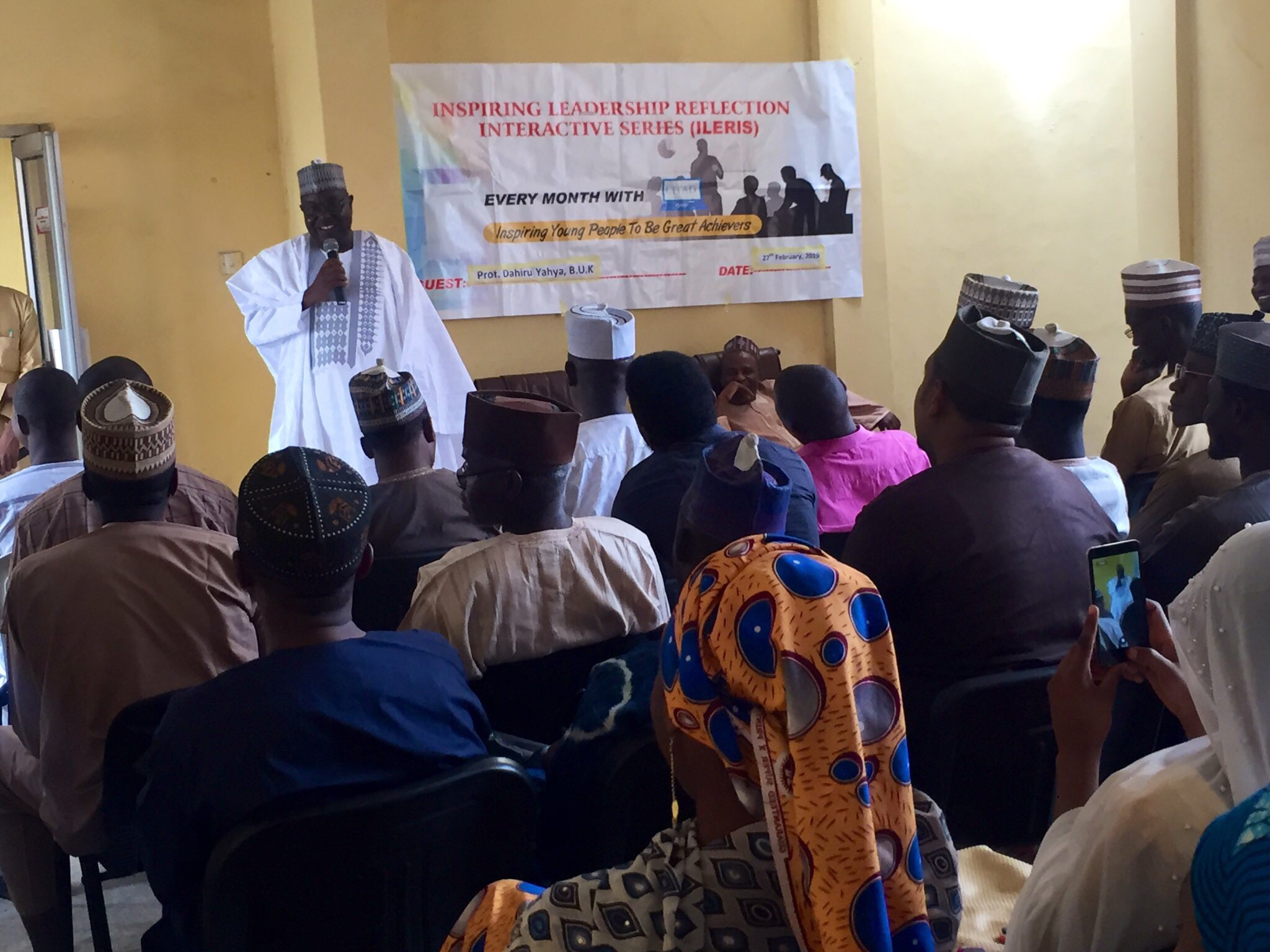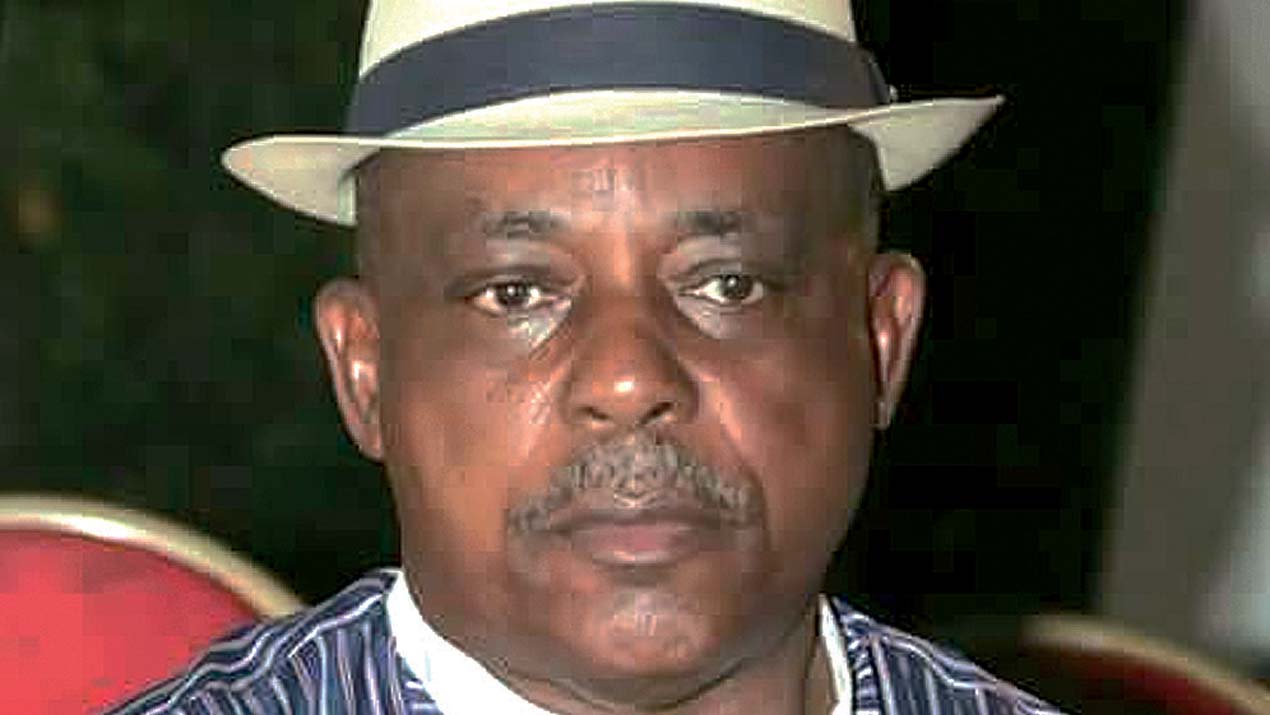Prof. Dahiru Yahya: The Story of Poverty and Achievements

This month’s CITAD Inspiring Leadership Reflection Interactive Series (ILERIS), 27th February 2019, had one of the epitome of scholarship not only in Northern Nigeria but in the country at large. Professor Dahiru Yahaya is a true definition of what a scholar is. An academician who spent more than half of his life contributing to academia, Prof. Dahiru Yahaya is the first person honoured with festschrift in Bayero University, Kano.
Mallam Dahiru reads in more than ten languages. When he wanted to read German works he learnt Germain. To read french philosophers Prof. Dahiru went France and learnt French. He moved to Spain and learnt how to speak Spanish. He became curious of Turkey and Ottoman Empire so he learnt Turkish. Prof. Dahiru is multilingual who speaks many local Nigerian languages and reads in many foreign ones. He cultivated Arabic, English, Hausa, French, Spanish and Turkish as research languages.
When Professor Dahiru speaks his words are as carefully spoken as those of Socrates. He condemns with Nioetchez’s style and criticise in Aristotelian syllogism. Though not Marxist but Prof. Dahiru believes revolution must be done to push the progress of history. He doesn’t preach feminism but believes women are equal to men. He is polygamous from polygamous family with more than 20 children that excel in many fields of life.
The story of Prof. Dahiru Yahya is a story of poverty which for him is a great source of inspiration and motivation. He was born to a very poor family in Dawakin Kudu to a father who preferred to send him to conventional school despite pressures from outside not to do so, and a mother who was his teacher at home. He was born on 30th June 1947. He attended Dawakin Kudu Junior Primary School and Wudil Senior Primary School in 1960. He had School Certificate Education at Birnin Kudi Secondary School, Kano in 1965. He received Bachelor of Arts degree in History (Special Hons) at Abdullahi Bayero College, ABU in 1970. He had his PhD at the University of Birmingham in the United Kingdom.
Prof. Dahiru Yahya is a fountain that waters wisdom. His source of inspiration is Islam and the revolutionary progeny of the Prophet Muhammad (PBUH). He contributed to teaching and research, and used many calligraphies and scripts from many parts of the world. His record of employment started from working as Social Welfare Assistant under the Northern Region Government Kaduna, Administrative Officer, Kano State Government and the joined University system from 1970 up to date.
He attended many International conferences and contributed to Higher Education, National constitution development and government policy. He earned many awards both from within and outside the country. He chairs Bala Usman’s position at Ahmadu Bello University Zaria. Mallam Dahiru wrote many research papers, books, articles and pamphlets.
At the ILERIS, Professor Dahiru Yahya advised youth not to take poverty as stumbling block to aiming higher positions. He said poverty is an opportunity to sharpen your brain as hunger helps in living a spartan life and sharpening brain. He gave the story of his life to the youth in attendance as a life lived in penury but got opportunity to move to many levels of achievements. Many questions were asked and answers were given.
Before Prof. Dahiru Yahya took the microphone, the Executive Director of CITAD Mallam Yunusa Zakari Ya’u introduced the ILERIS attendants to the Prof. Yahya that include students of tertiary institutions, staff of different organisations, youth leaders, journalists and people with disabilities. The Head of Human Resource Department of CITAD Mallam Ado presented organisational publications to the Mallam Yahya and the ILERIS closed with prayer and general picture.


